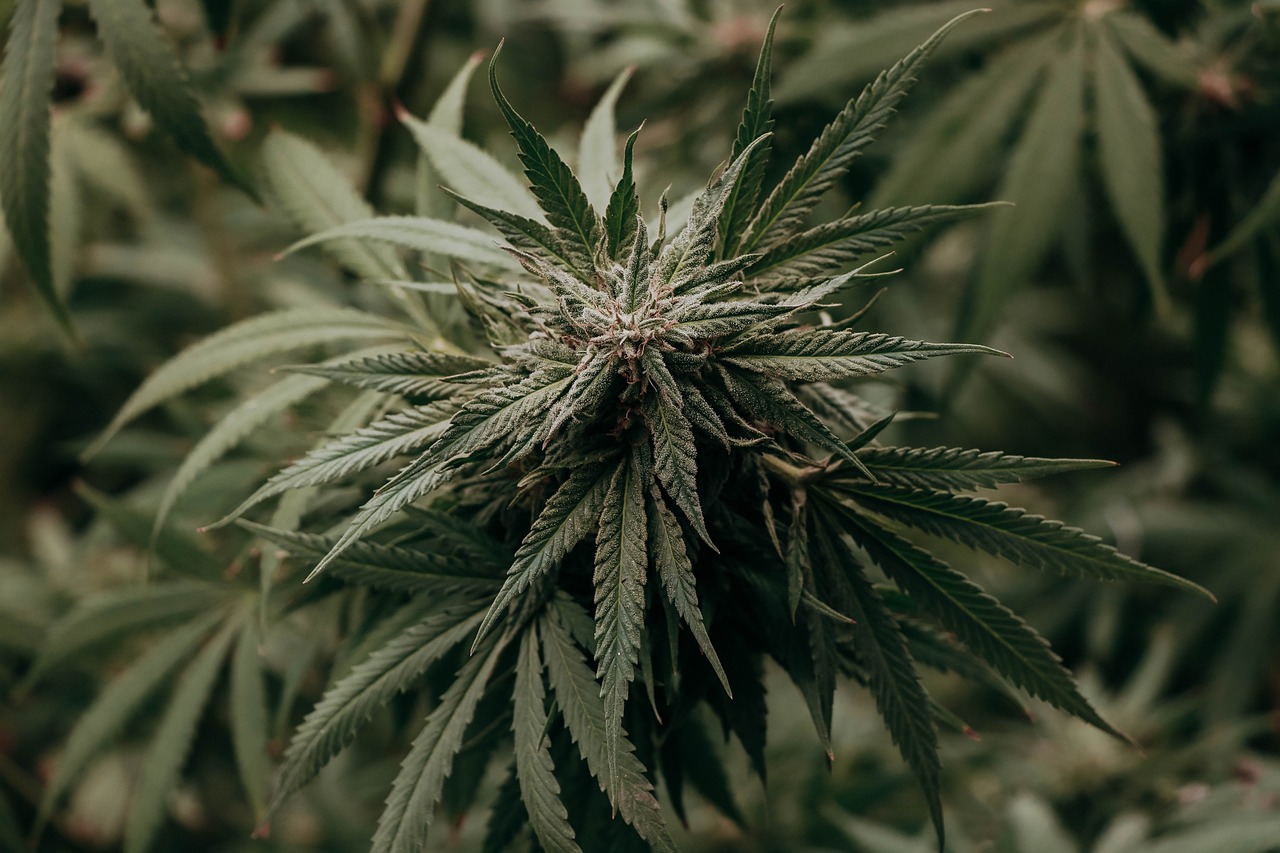The cannabis industry has seen a surge in interest and innovation, with various compounds and products gaining attention. Among these, THCA flower stands out for its distinct properties and benefits. This article explores the unique aspects of THCa flower for stress relief, providing insights into its composition, effects, and potential uses.
Understanding THCA: The Basics
THCA, or tetrahydrocannabinolic acid, is a non-psychoactive cannabinoid found in raw cannabis plants. Unlike THC, which is known for its psychoactive effects, THCA does not produce a high. This is because THCA must undergo decarboxylation, a process involving heat, to convert into THC.
Natural Occurrence
THCA is abundant in fresh cannabis plants. As the plant dries and ages, THCA slowly converts to THC. This natural transformation is why fresh cannabis has different properties compared to dried or heated cannabis products.
Health Benefits
- Anti-inflammatory properties
- Neuroprotective effects
- Potential anti-emetic benefits
- Possible anti-proliferative effects on cancer cells
These benefits make THCA a subject of interest for medical research and therapeutic applications.
The Unique Properties of THCA Flower
THCA flower is distinct from other cannabis products due to its high THCA content and minimal THC levels. This makes it appealing for those seeking the therapeutic benefits of cannabis without the psychoactive effects.
Non-Psychoactive Nature
One of the most appealing aspects of THCA flower is its non-psychoactive nature. Users can experience the potential health benefits without the high associated with THC. This makes it suitable for individuals who need to maintain clarity and focus throughout the day.
Versatile Consumption Methods
THCA flower can be consumed in various ways, offering flexibility to users:
- Juicing raw cannabis leaves
- Adding to smoothies or salads
- Using in topical applications
These methods preserve the THCA content, allowing users to benefit from its properties without converting it to THC.
Scientific Research and Case Studies
Research into THCA is still in its early stages, but preliminary studies and anecdotal evidence suggest promising results. A study published in the British Journal of Pharmacology highlighted THCA’s potential anti-inflammatory and neuroprotective effects. Another study in the Journal of Natural Products explored its anti-proliferative properties on prostate cancer cells.
Case studies from patients using THCA for conditions like arthritis and epilepsy have reported positive outcomes, further fueling interest in this cannabinoid.
Market Trends and Consumer Interest
The growing interest in THCA flower is reflected in market trends. Consumers are increasingly seeking products that offer therapeutic benefits without psychoactive effects. This demand has led to the development of various THCA-rich products, including tinctures, capsules, and topicals.
Consumer Preferences
Consumers are drawn to THCA flower for several reasons:
- Desire for natural and holistic health solutions
- Interest in non-psychoactive cannabis options
- Preference for raw and unprocessed products
These preferences are shaping the cannabis market, encouraging producers to innovate and offer diverse THCA-rich products.
Challenges and Considerations
Despite its potential, THCA flower faces challenges. The lack of extensive research and regulatory hurdles can limit its availability and acceptance. Additionally, educating consumers about the differences between THCA and THC is crucial for informed decision-making.
Regulatory Landscape
The legal status of THCA varies by region, impacting its accessibility. As research progresses and public awareness grows, regulatory frameworks may evolve to accommodate THCA products more broadly.
Conclusion
THCA flower offers a unique combination of benefits that set it apart in the cannabis industry. Its non-psychoactive nature, potential health benefits, and versatility make it an attractive option for consumers seeking alternative wellness solutions. As research continues and market interest grows, THCA flower is poised to play a significant role in the future of cannabis products.
